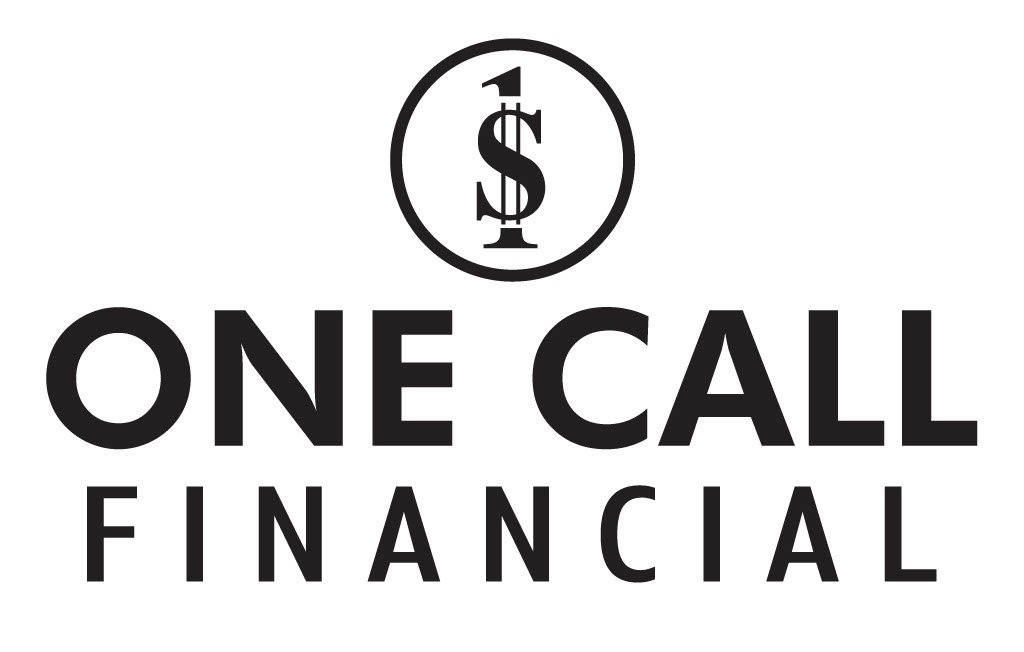Essential Accounting Terms Every Wellington Business Owner Should Know
Published: September 8th, 2025
Published by: One Call Financial - Wellington Accountant
Running a successful business requires more than offering a great product or service—it requires a solid understanding of financial principles.
At One Call Financial, we know the world of accounting terminology can feel overwhelming, but learning the basics is key to making informed decisions, protecting your cash flow, and maintaining the long-term financial health of your business..
Why Is It Important to Learn Accounting Terminology?
Understanding accounting terminology helps business owners:
Make better financial decisions with confidence
Communicate clearly with accountants, investors, and lenders
Interpret financial statements to track business performance
Avoid costly mistakes and stay compliant with tax laws
By learning these terms, you not only gain a clearer picture of your company’s financial health but also build stronger relationships with professionals who can help you grow.
Key Accounting Terms & Definitions for Business Owners
Here’s a list of the most important accounting terms every business owner should understand:
Accounting – The process of recording, summarizing, and analyzing financial transactions to track a company’s financial health.
Accounts Payable (AP) – Money owed to suppliers for goods or services received but not yet paid for.
Accounts Receivable (AR) – Money owed to your business by customers for products or services provided on credit.
Accruals – Revenues and expenses recorded when they are earned or incurred, not necessarily when cash changes hands.
Assets – Resources with economic value owned by the business, like cash, property, or inventory.
Balance Sheet – A snapshot of a company’s assets, liabilities, and equity at a given point in time.
Bookkeeping – Recording daily financial transactions in an organized manner.
Burn Rate – How quickly a business spends available cash, often important for startups.
Capital – Money or assets used to grow a business and generate revenue.
Cash Flow – The net movement of money into and out of the business.
Cost of Goods Sold (COGS) – Direct costs of producing goods or services sold.
Depreciation – The gradual reduction in value of physical assets over time.
Equity – The value of ownership in the business after liabilities are deducted.
Expenses – Costs of running the business, such as rent, salaries, and utilities.
Fiscal Year – A 12-month accounting period used for financial reporting.
Gross Profit – Revenue minus the cost of goods sold.
Liabilities – Debts or obligations the business must repay.
Net Income (Net Profit) – Earnings left after all expenses and taxes are subtracted from revenue.
Payroll – The process of paying employees, including wages, taxes, and benefits.
Profit & Loss Statement (P&L) – A summary of revenue, expenses, and profit over a given period.
Revenue – Total income from business operations before expenses.
Take Control of Your Business Finances with One Call Financial
Mastering these basic accounting terms is an important step in taking control of your business finances. But you don’t have to do it alone.
At One Call Financial, we help business owners in Wellington, FL and nationwide understand their numbers, maximize tax savings, and build strategies for long-term success. Whether you need help with bookkeeping, business tax preparation, or tax planning, our team makes accounting clear, stress-free, and effective.

